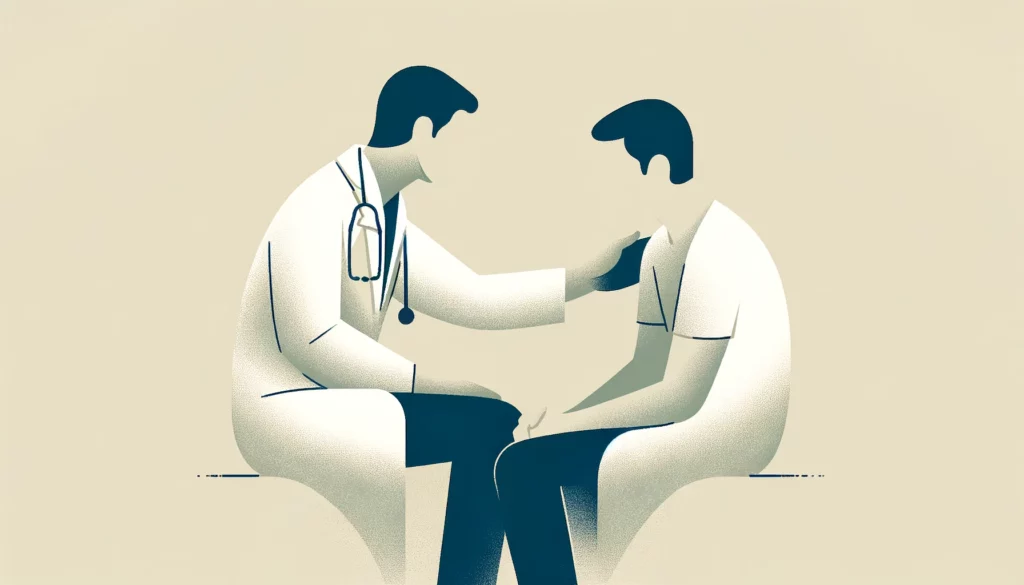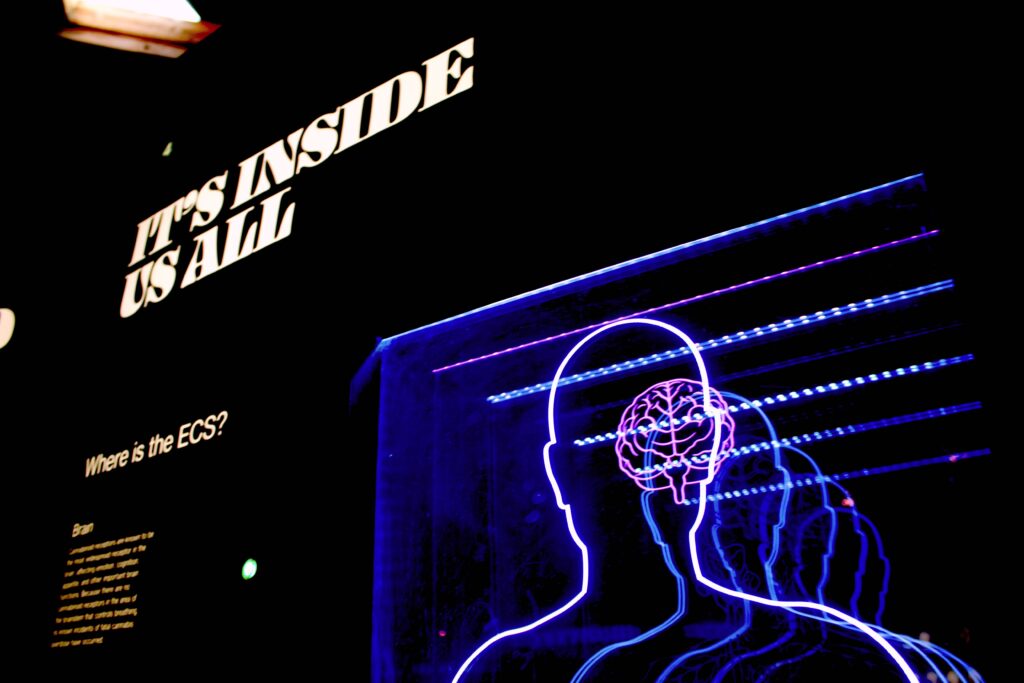The healthcare industry is under pressure to improve patient outcomes while reducing costs. This is a daunting task, but Blockchain technology may provide a solution. Blockchain is a distributed database that allows for secure, transparent, and tamper-proof transactions. This could securely store patient data, track medical history and authorize payments. This article will explore how Blockchain could be implemented in the healthcare industry and the benefits it would bring.

What Is Blockchain, And How Does It Work?
Blockchain is a distributed database that allows for secure, transparent, and tamper-proof record-keeping. Each record (or “block”) in the database is linked to the previous block, creating a chain of documents that can’t be altered or deleted. This makes blockchain an ideal platform for storing sensitive data like medical records. And because blockchain is decentralized, there is no single point of failure. If one server goes down, the others can continue to operate without interruption.
It is believed that blockchain has the potential to transform the way medical records are managed. With blockchain, there would be no more lost or misplaced records, and patients would be able to control who had access to their data. This would not only make it easier for doctors to do their job, but it would also give them more opportunities to take care of more patients.
The Benefits Of Using Blockchain In Healthcare
The need for secure and efficient data management solutions has never been more significant as the healthcare industry becomes increasingly digitized. Blockchain technology offers a unique solution to many of the challenges faced by the healthcare sector. By creating a decentralized and tamper-proof database, blockchain provides a secure way to store and share sensitive information.
In addition, blockchain’s “smart contract” feature can be used to streamline complex processes such as claims processing and care coordination. As the healthcare industry evolves, blockchain could be crucial in keeping patient data safe and facilitating stakeholder collaboration.
How The Technology Can Be Implemented In The Industry
Blockchain technology can be implemented in several ways in the industry. One way is through the use of smart contracts. Smart contracts are computer protocols that verify, facilitate, or enforce the negotiation or performance of a contract. They can track and manage supply chains, voting systems, and regulatory compliance.
Another way blockchain technology can be implemented through the use of distributed ledgers. Distributed ledgers are database systems that are shared across a network of computers. This allows for increased transparency and security, as well as reduced costs.
Finally, blockchain technology can also be used to create digital tokens. Digital tokens are digital assets that can be used to represent anything from loyalty points to currency. By implementing blockchain technology in these ways, the industry can benefit from increased efficiency and security.
Challenges That Need To Be Addressed First
Blockchain has the potential to revolutionize healthcare. With blockchain, we can have a shared database that gives us a more holistic view of a patient’s health. That would allow us to make better-informed decisions about their care. There are a couple of things that need to be addressed before implementation. We need to make sure that the data is secure and private. We also need to figure out how to scale the technology to handle the large amounts of data generated by the healthcare system.
Potential Applications Of Blockchain In Healthcare
Blockchain is a secure way to store data in a decentralized manner. The potential applications of blockchain in healthcare are vast, as the technology can improve patient care and data security. One possible use case is creating a secure, decentralized medical records database.
Blockchain could also be used to create tamper-proof clinical trial data or track prescription drug movement throughout the supply chain. In addition, blockchain-based smart contracts could be used to streamline billing and claims processing. Ultimately, the use of blockchain in healthcare has the potential to revolutionize the way that patient data is stored and accessed.
Final Thoughts
Despite these challenges, blockchain has the potential to revolutionize healthcare. By addressing these issues, we can enable this technology to improve patient outcomes by providing a secure and transparent way to store and share data. We can also reduce costs by streamlining processes and eliminating the need for intermediaries. Additionally, blockchain could help to combat fraud and corruption in the healthcare industry. While some challenges must be addressed before blockchain can be widely used in healthcare, I believe it is a promising technology that has the potential to make a significant impact on the industry.



